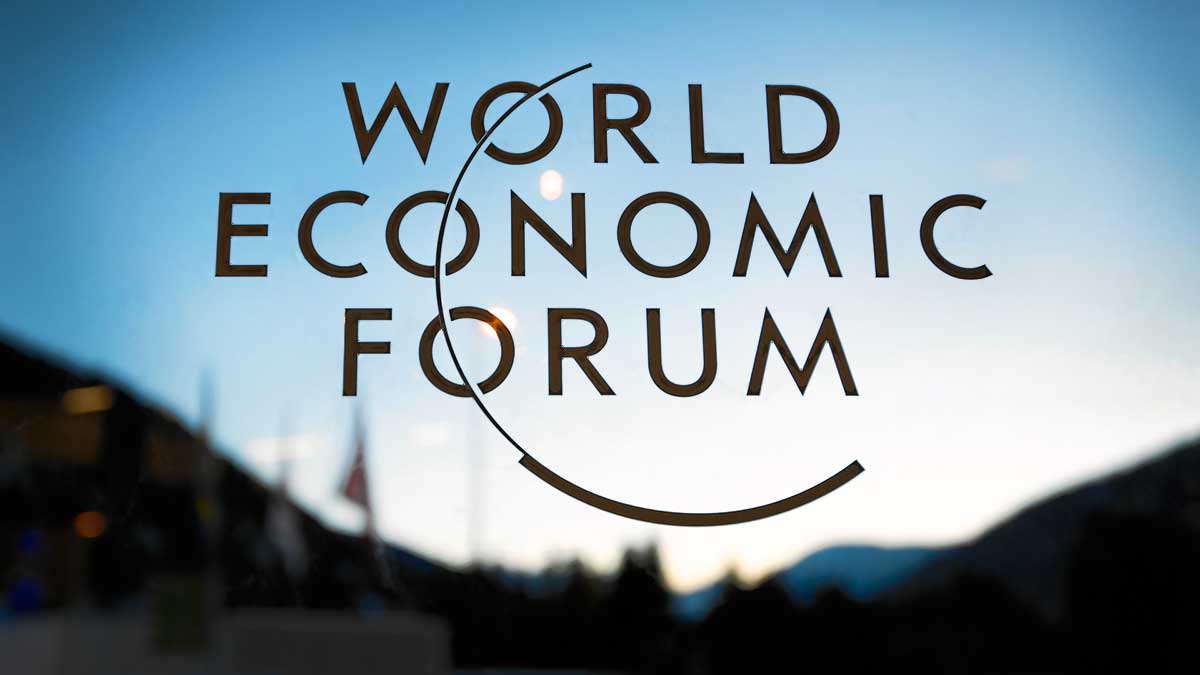An article recently published by the World Economic Forum – the international non-governmental organization, most famous for its annual meeting in Davos, Switzerland – discusses the effects the COVID-19 pandemic is having on the digital payment space in which the Direct Express® program operates.
The article, titled “7 lessons COVID-19 taught us about improving digital payments”, notes that COVID-19 has accelerated the rise of digital payments, resulting in increased financial inclusion, but that it has also heightened risks. The article then suggests seven ways to combat these digital finance risks.
The recommendations come from the United Nations-based Better Than Cash Alliance of more than 75 governments, companies and international organizations that are committed to responsible digitization of payments.
The seven recommendations are:
“1. Create complaint and feedback channels
Digital financial transfer recipients sometimes experience difficulties accessing the complaints and feedback mechanism systems, or having their problems addressed.”
“2. Increase financial and digital literacy
The recipients of government benefits are usually low income with limited or no exposure to digital payments. Digital transfer programs are typically rolled out at a fast speed, which means the recipients may find it challenging to understand and access the digital tools.”
“3. Spread information to increase inclusivity
Lack of identification, living in rural areas, limited information of eligibility criteria and enrollment information, disabilities, poor connectivity and limited agent network outreach have all contributed to excluding people from participating in digital transfer programs.”
“4. Learn from transaction failures
Factors that lead to transaction failures include poor connectivity, the poor performance of a payment partner’s system, or a mismatch in biometrics/identities due to the poor quality of biometrics captured at enrollment or the matching algorithm.”
“5. Provide details about cash-out points
Given most of the transactions among digital transfer program recipients may still require cash, it is important to provide Information on cash-in and cash-out points.”
“6. Avoid overcharging
The operational and pricing rules for digital payments transactions (such as daily transaction limit) may create an issue of overcharging. In some markets, last-mile agents are also charging customers for fees they are not subject to.”
“7. Observe social distancing
Social distancing still needs to be observed in cash-in and cash-out points to avoid the health and safety risks of overcrowding. In addition to providing clear advice and protective equipment to agents, governments and service providers can increase digital transaction limits to reduce the need for cash-out to avoid overcrowding.”
Informally assessing Direct Express® against these criteria confirms that the program is proceeding along the right lines. The 4.5 million Direct Express® cardholders can rely on 24/7 customer service and have the PayPerks financial capability program to help them develop greater financial and digital literacy. The program puts significant effort into ensuring sound communications with cardholders, including details about cash-out points, and fees policy and transparency ensures no overcharging. The high quality of the program’s networks ensure that transaction failures are extremely rare.
After reading the article, it’s clear that the Direct Express® program is offering superior levels of financial tools, services, education and safety measures to its cardholders, making them well-equipped to manage the challenges of COVID-19.
SOURCE: World Economic Forum





![“I do a lot of shopping online….” [VIDEO]](https://directexpress.info/wp-content/uploads/2024/07/Untitled-3-500x383.jpg)

![“I depend on it….” [VIDEO]](https://directexpress.info/wp-content/uploads/2024/06/Untitled-3-500x383.jpg)

![“Having the card is a lifesaver….” [VIDEO]](https://directexpress.info/wp-content/uploads/2024/05/Gerard-500x383.jpg)